| | Wilderness Watch Weighs In
Thank you for the thousands of letters you've recently sent to Congress and the agencies on numerous Wilderness issues. Learn more about some of the issues we're working on: | | 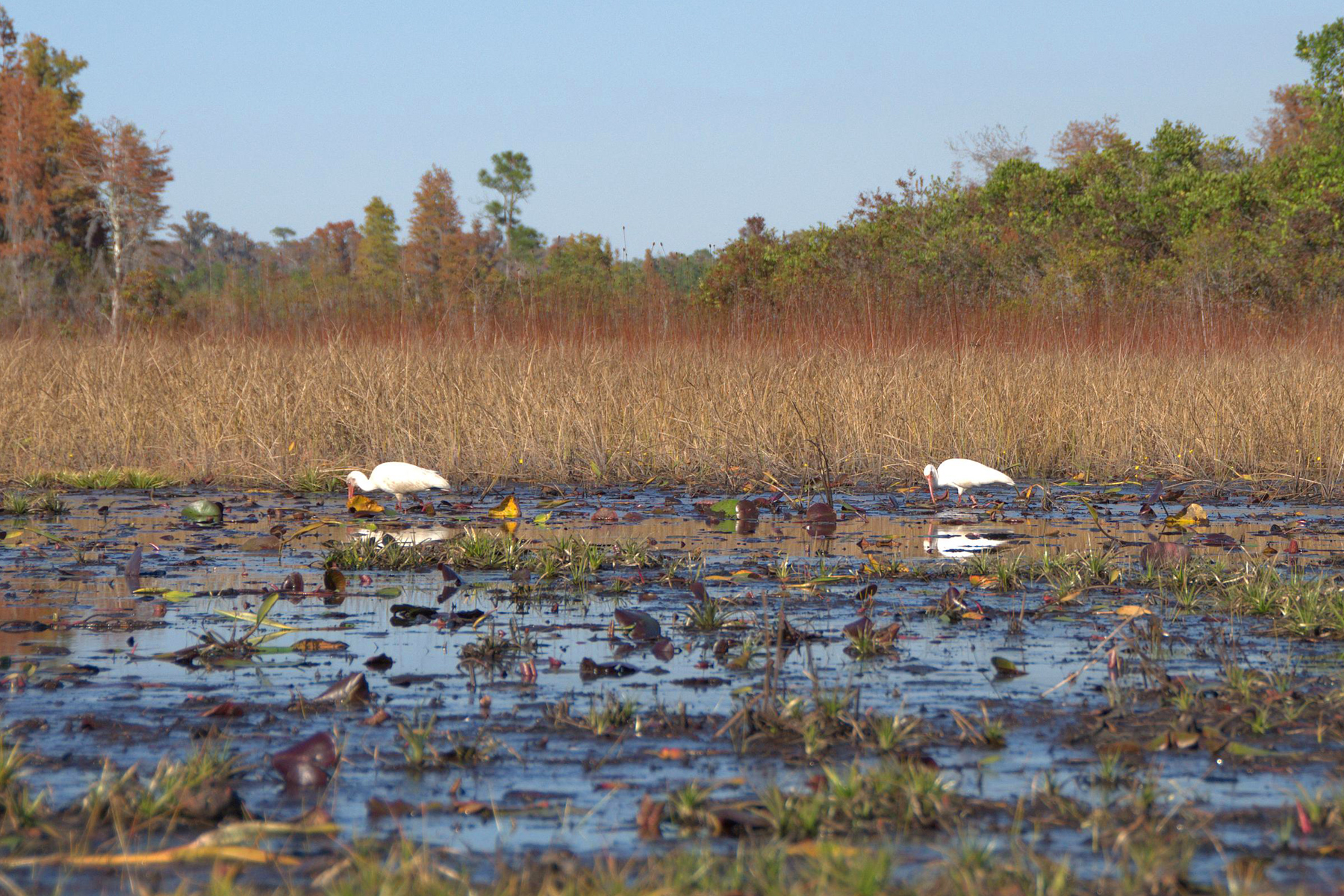 | One of the largest Wildernesses in the East Threatened by Massive Strip Mine: The Okefenokee Swamp in Georgia is one of the world’s largest intact blackwater swamp ecosystems, and provides important habitat for native wildlife such as black bears, American alligators, and red-cockaded woodpeckers. Wilderness Watch members and supporters sent more than 14,000 comments opposing a massive strip mine proposed for the eastern edge of the 354,000-acre Okefenokee Wilderness. Read our comments. | | 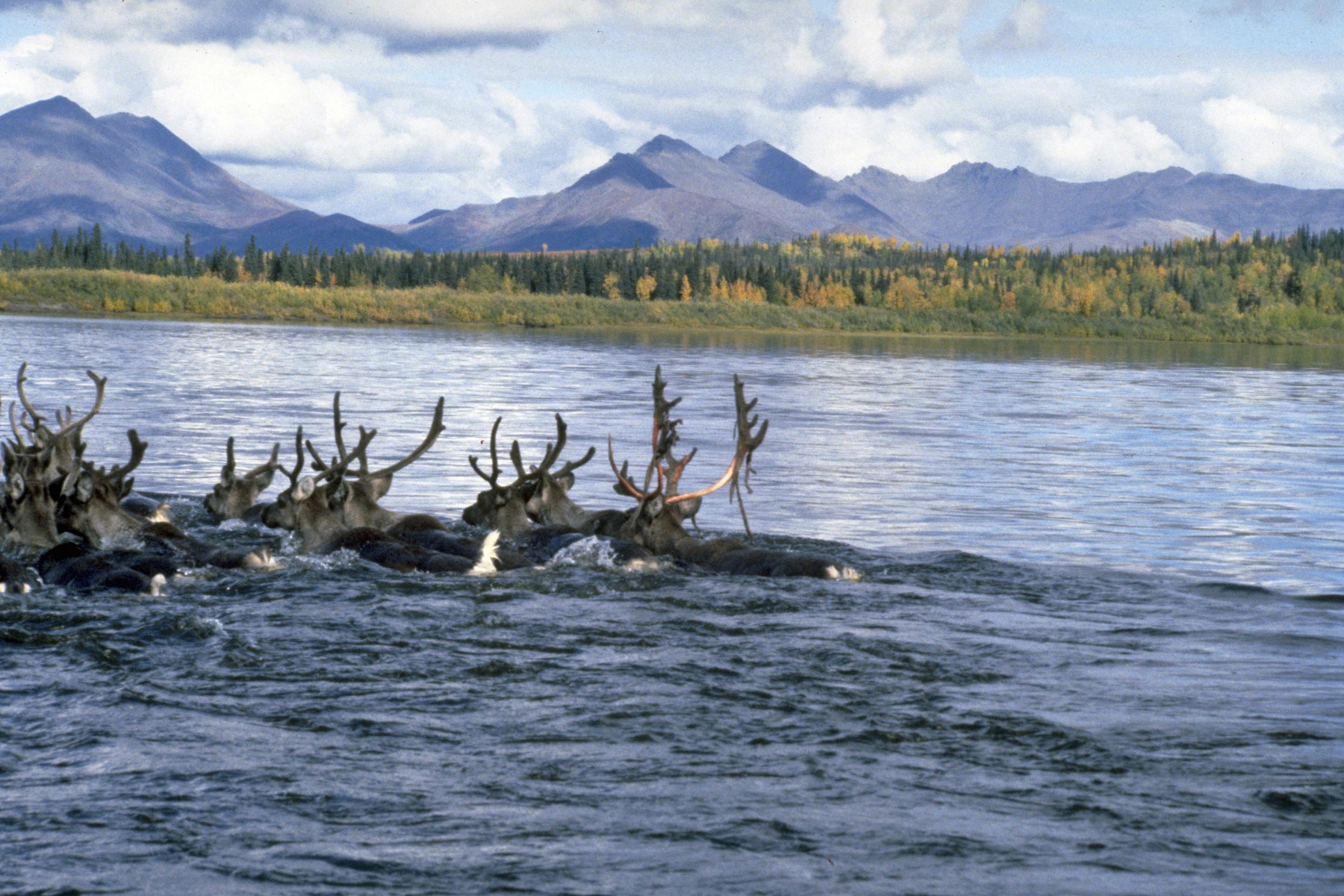 | Ambler Road Threatens Gates of the Arctic Wilderness: WW is deeply concerned about a destructive and unnecessary 211-mile road adjacent to Gates of the Arctic Wilderness that would facilitate mining. The road would pass through Gates of the Arctic Preserve, one of our wildest parks (with no roads, trails, or established campsites), and it would undoubtedly lead to motorized intrusions in the Wilderness plus a myriad of impacts to the area’s wild character. Read our comments. | | 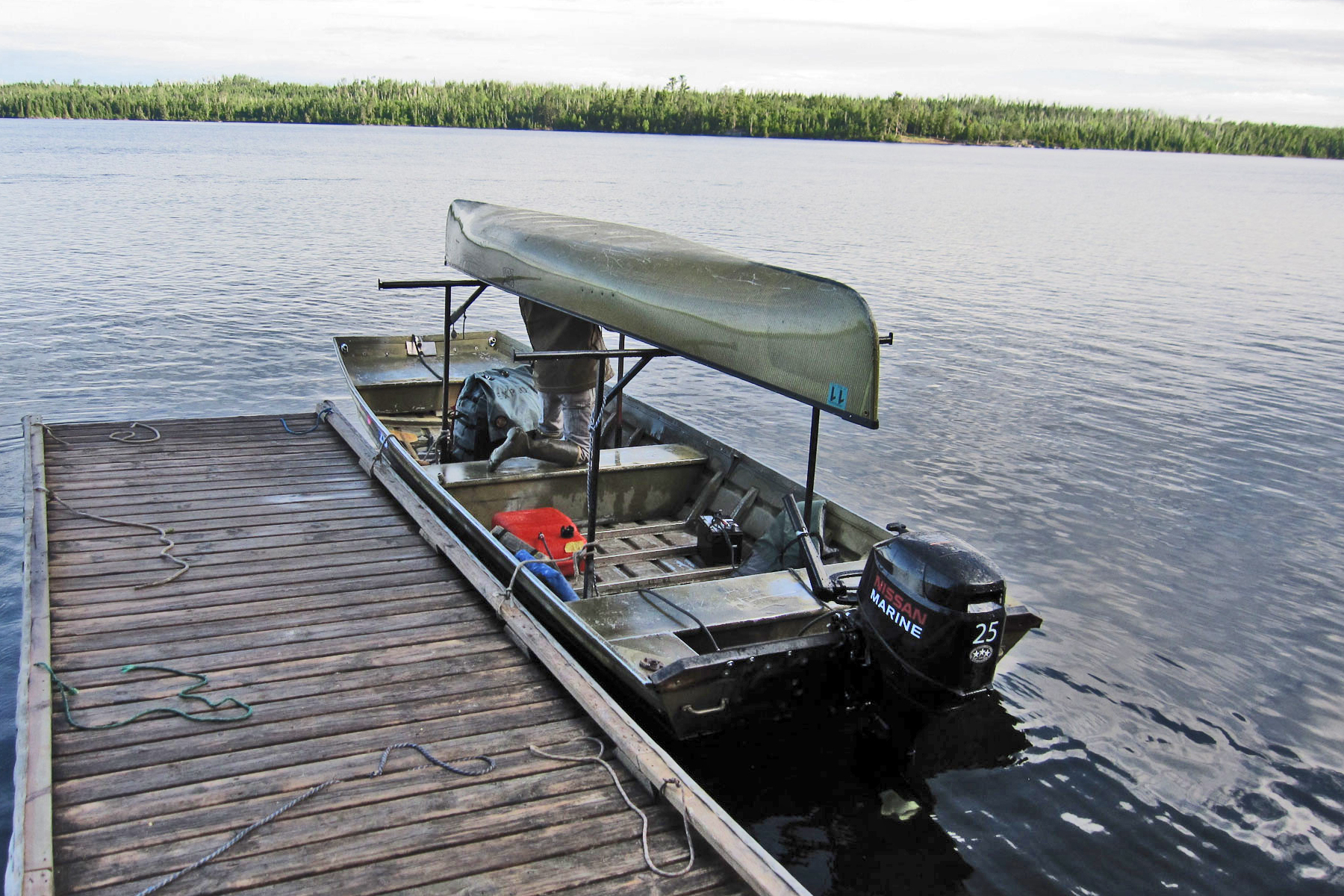 | Towboats Create Wilderness Sacrifice Zones in the Boundary Waters: Wilderness Watch continues to urge the Forest Service (FS) to change course and defend wilderness character in the Boundary Waters by complying with its own plans and regulations to limit ongoing excessive commercial towboat use. The FS recently conducted a needs assessment of commercial recreational services as part of a lawsuit settlement with Wilderness Watch over significant violations of the towboat limit. Read our comments. | | 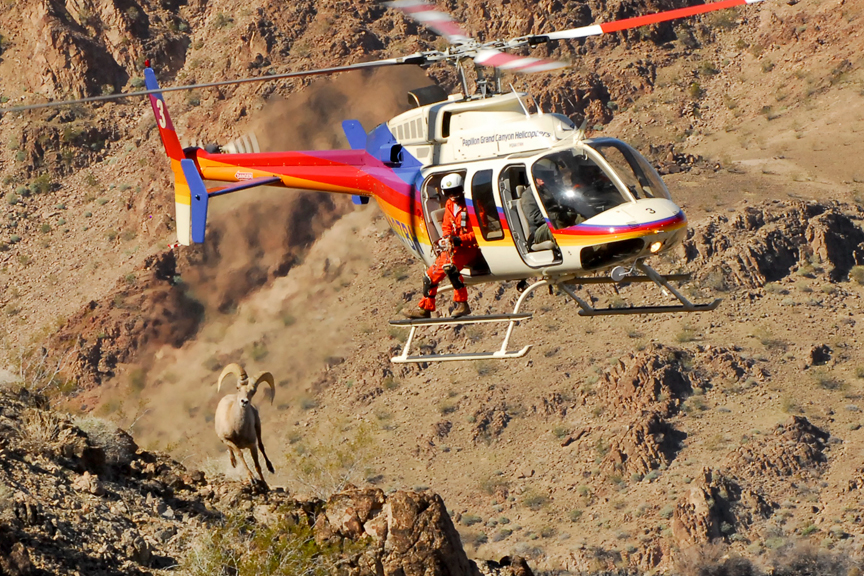 | WW Objects to Helicopter Invasion in Arizona: Wilderness Watch and allies submitted a formal Objection to an Arizona Game and Fish Department proposal for up to 150 helicopter landings to capture and collar bighorn sheep in the Four Peaks, Hellsgate, Mazatzal, Salt River Canyon, and Superstition Wildernesses. Read our Objection.
Game Farming Plan in Utah Stopped: The Utah Division of Wildlife Resources (UDWR) has dropped its ill-advised proposal to use helicopters to net-gun capture and collar mountain goats and bighorn sheep in the Mt. Timpanogos, Lone Peak, and Twin Peak Wildernesses in the Wasatch Mountains. Wilderness Watch had previously submitted a formal objection, and in September the Forest Service announced UDWR had withdrawn the plan. Learn more. | | | | Help us protect Wilderness around the country. All first-time donations matched! | | | | | | 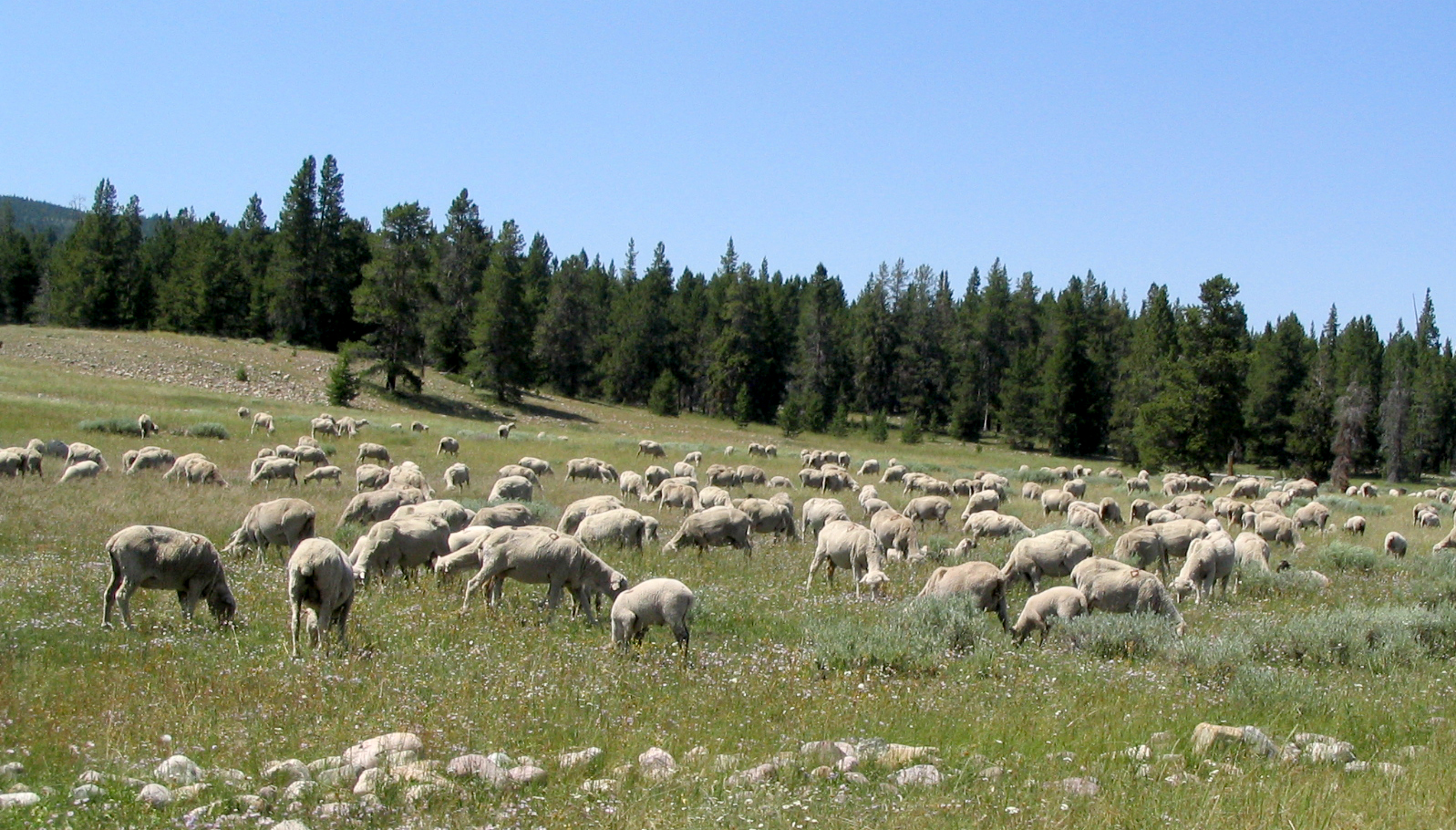 | The Problem of Grazing in Wilderness: High Uintas—The High Uintas Wilderness in Utah forms the heart of an important continent-spanning wildlife corridor connecting the southern Rockies in Colorado with the central and northern Rockies in Wyoming, Montana, and Idaho. This 453,000-acre Wilderness is also the stage for an increasingly familiar battle. The high ridges and scree-rimmed alpine meadows are classic bighorn sheep habitat, and the Wilderness is home to a reintroduced, struggling population of Rocky Mountain bighorn sheep. It is also the most heavily grazed Wilderness in the National Wilderness Preservation System with 261,075 acres—over half of the Wilderness—allotted to cows and domestic sheep. Right now, the Forest Service is considering the future of 10 domestic sheep allotments in the Wilderness, including one that has not been grazed in over 40 years, through a proposal that, if approved, would permit over 10,000 sheep and their lambs to graze for over two months every summer in the fragile, high elevation alpine basins—prime bighorn territory. Read more. | | | | Wilderness in the Courts - Defending the River of No Return's wolves, elk, and Wilderness in the 9th Circuit Court of Appeals: Wilderness Watch, joined with Western Watersheds Project and Friends of the Clearwater, was at the 9th U.S. Circuit Court of Appeals in Portland in mid-October. We defended our successful federal court injunction against the Idaho Department of Fish and Game's (IDFG) major helicopter-supported elk (and wolf) capturing and collaring project in the Frank Church-River of No Return Wilderness (FC-RORNW) in central Idaho.
In January 2017, a federal judge ruled that the U.S. Forest Service illegally authorized IDFG to conduct approximately 120 helicopter landings to place radio collars on elk in the Wilderness in an operation during which IDFG also unlawfully collared four wolves.
At last week’s hearing, our attorney—Tim Preso from Earthjustice—did a great job arguing in front of the three-judge 9th Circuit Panel. You can watch the proceedings here.
We’ll keep you posted when we get a ruling from the 9th U.S. Circuit Court of Appeals.
Learn more.
-
Fight for Izembek Rages On: Wilderness Watch and co-plaintiffs filed a new lawsuit in August to stop the Trump Administration's latest attempt to build a road through the fabled Izembek Wilderness in Alaska. Our lawsuit challenges Interior Secretary Bernhardt’s Agreement for a land swap of federal public lands needed to build an 11-mile road through the heart of the Wilderness. Wilderness Watch and our allies successfully fought a previous Agreement by former Interior Secretary Ryan Zinke. The Administration briefly appealed our victory before it dropped the appeal and issued this new land exchange agreement. Thank you to our attorneys at Trustees for Alaska and to all of you who have written letters and provided support to protect Izembek. Read our complaint. | | | | 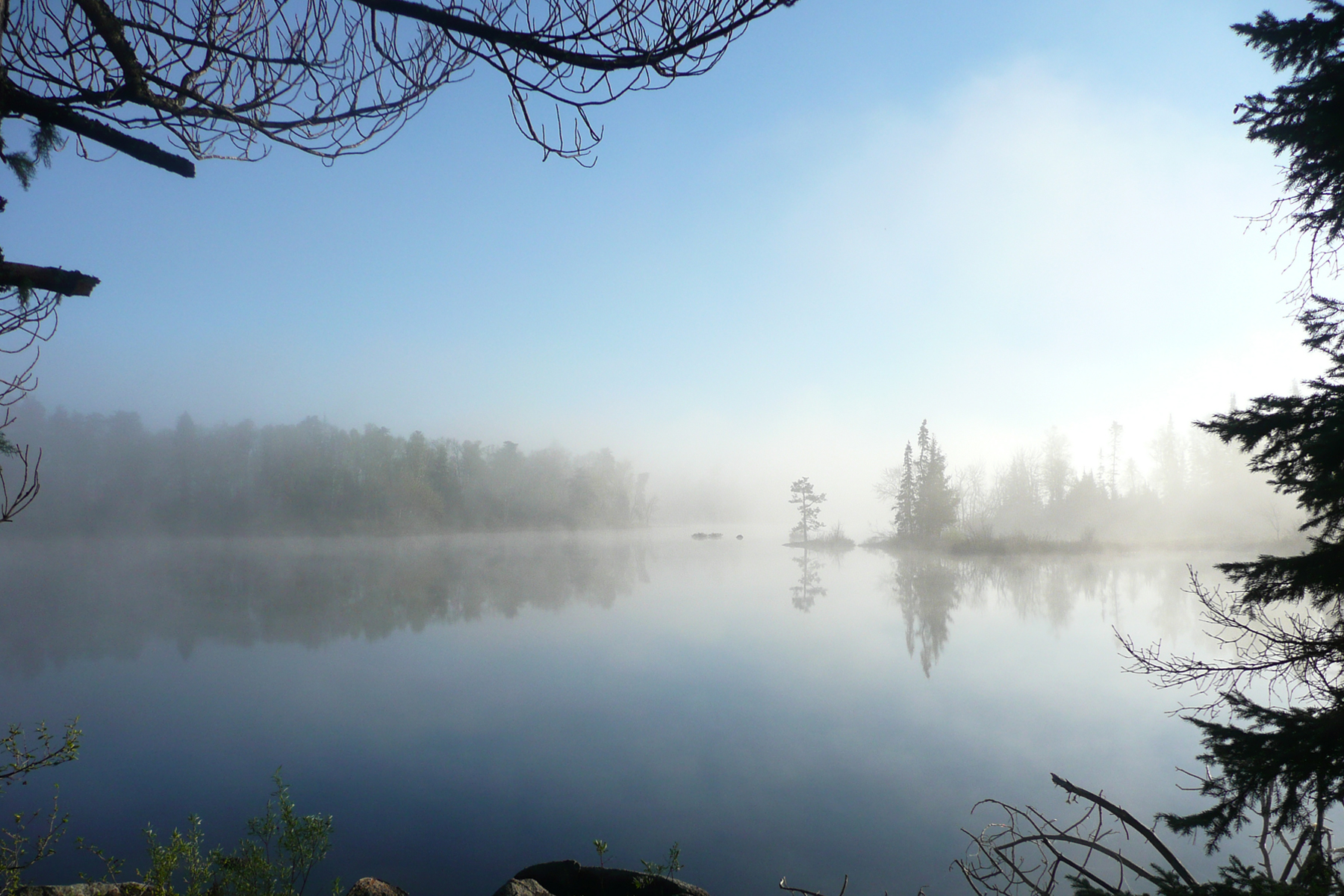 | Wilderness in the News - Polymet Mine Permits Still on Hold: In a win for the Boundary Waters, last week the Minnesota Court of Appeals decided to keep three key permits for the Polymet Mine on hold until a legal challenge can be decided. The Polymet Mine is an open-pit copper-nickel mine that could send polluted water northward into the Boundary Waters watershed. Read more.
- “Dying of Nicks and Cuts”: Wilderness Watch’s President, Gary Macfarlane, was recently quoted in E&E News: "The national wilderness preservation system is in serious trouble now…The whole idea of wilderness is to approach these areas with a little bit of humility and restraint, and the Wilderness Act has prohibitions for a reason..." Read more.
- Fees Proposed for Central Cascades Wildernesses: The Forest Service has released its draft proposal for new fees ranging from $4-$11 per person per day, in the Three Sisters, Mount Jefferson, and Mount Washington Wildernesses in Oregon. The fees are part of a new permit system. Wilderness Watch supports implementing quotas when necessary to protect solitude, minimize physical resource damage, or to provide security and habitat protection for wildlife. We do not support using permit systems as a means of raising money or to in any way commercialize access to Wilderness. Read more.
| | | | Essay Timothy Tate’s message of restraint in “Curbing Our Egos in All Ages” is one we can’t repeat too often when it comes to protecting Wilderness. Tate writes, “The thought that we can’t restrain ourselves, the thought that we must build new paths into the last vestiges of wild nature…leaves me sometimes on the brink of cynical despair…as a citizenry we appear well educated, worldly and claim to be eco-friendly but the daily grinding use of our land erodes the landscape...” Read the rest. | | | | | | | | Photos: Kalmiopsis Wilderness, Oregon by Leon Werdinger Photography; Okefenokee Wilderness by US Fish and Wildlife Service; Caribou crossing the Kobuk River, by National Park Service; Boundary Waters towboat by David Grant via Flickr; Bighorn pursuit by AZ Game and Fish Department via Desert LCC/Flickr. License: bit.ly/1ryPA8o; Sheep grazing in the High Uintas by Ken Lund; Boundary Waters Canoe Area Wilderness by Steven Conry via Flickr. | | | | | | | | | |